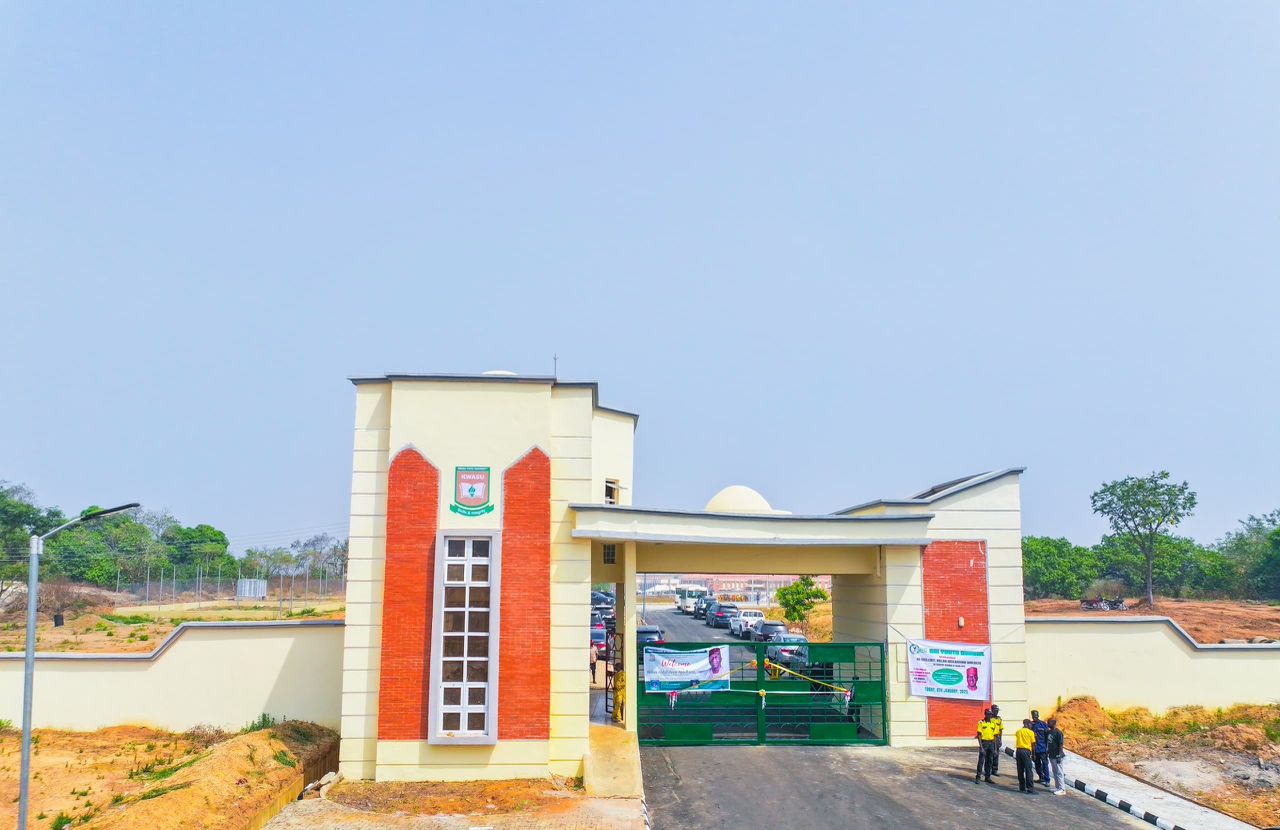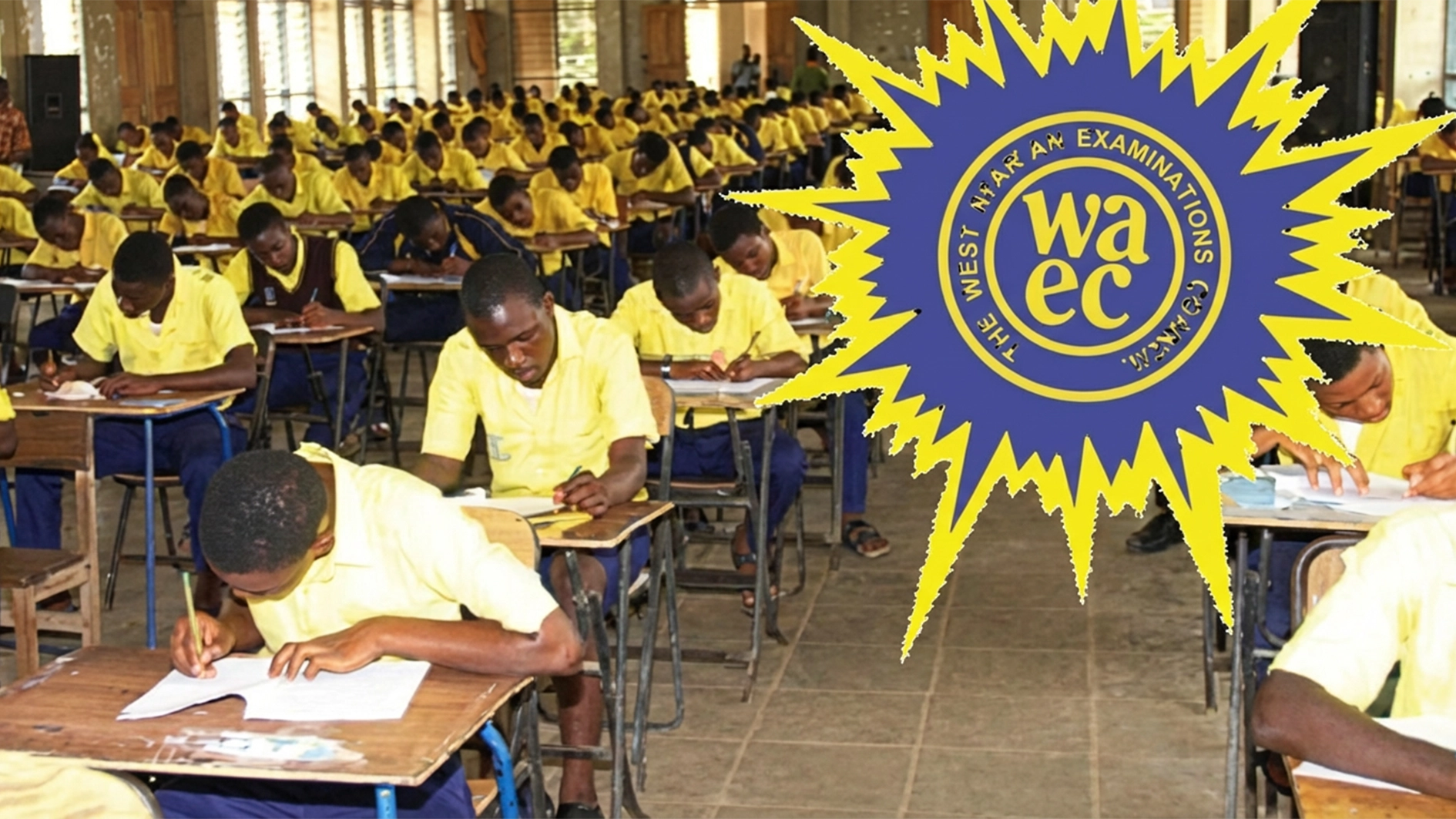
Nigeria is a country with a massive, growing population and an eye towards the future. This nation is rushing to modernize, and the speed of this phenomenon is causing cracks to appear.
One of the things that I’ve noticed while writing a writemypapers.org review, is that many customers and writers of essay sites are from Nigeria. There is a hunger for education, as the ambitious youth of this country try to climb through the ranks.
However, before we can tackle the problem itself, we have to get a bird’s eye view of the situation.
Is Nigeria’s educational challenge unique?
People from 1st world countries may look at Nigeria and gain a false sense of superiority. Yet, Nigeria’s issues are not unique. Even in the wealthiest nations such as the USA and China, many students lack didactic material, access to the internet, nutritious food, and so on.
In addition, we must never forget that Nigeria is growing wealthier as it modernizes.
In historical terms, every country that modernized experienced growing pains. For example, the European industrial revolution was famous for its malnourished, overworked, and unhealthy working conditions. Schools were either unavailable or restricted for those who could not pay their way to the top.
In conclusion, the problems of Nigerian education can be seen around the world, albeit on a smaller scale. The solutions found here have to be implemented for tens of millions of children, and it has to work.
Let’s take a look at possible solutions:
-
Steer away from controversy
Nigeria has a massive population, and it also receives many immigrants from neighboring countries. Lagos is the beating heart of the continent.
This country hosts people from all religions, backgrounds, and beliefs. Some of these citizens are reluctant to send their children to school, fearing that they will be indoctrinated into a dogmatic mindset.
In recent years, Western educational institutions have become very involved in politics, often discarding lack of bias and outright pushing a certain point of view. This has brought down the public’s faith in education institutions.
Nigerian educators need to be careful to not make the same mistakes. Education should be free from personal or political opinions. This is how it has to be in a pluralistic society.
Teachers are not seen as stalwart pillars of the community anymore. Parents should be able to trust the state with their children.
-
Pragmatism before theory
You should always ask questions regarding any system. Even systems that seem set in stone.
Nigeria’s education system is lacking in resources. That issue can only be solved by an internal push to end corruption and eliminate instability.
But we can also ask another question: Why do we bother to get educated in the first place?
Not many of us have an overwhelming thirst for knowledge. Not every person is a bookworm. The honest answer is that we bother getting educated because it is usually a ticket to the middle class.
In this regard, copy pasting Western-style schools can be a waste of resources. Wealthy countries can afford to throw away money by teaching secondary subjects, but a nation of limited resources should focus on subjects that are money makers.
For example, for the general population, trade schools would be much more useful. Academics are a very narrow segment of the population, but we treat each child as if he/she is an aspiring academic.
Most people look back at 12 years of school and can barely remember even a hundredth of what they learned.
There is a stigma against “real” jobs, but actually, they are much healthier for the economy. There is a running joke of the student who goes into hundreds of dollars of debt for an English degree, only to work a minimum wage job at McDonald’s afterward. The lucky ones will become freelance writers and work on college essay writing service articles.
Nigeria does not need to repeat these mistakes. It needs to look at what its economy is lacking, and train children for those specific sectors.
-
Didactic material
What is the bare minimum required to educate someone? And is the bare minimum enough?
Well, you will need a building, classrooms, desks, and teachers. Those are the basics. However, if you dive deeper, things get a little more complicated.
For example, it can be very hard to concentrate when you are overheating. Air conditioning is not a luxury, but a necessity.
And there is also the issue of textbooks. Textbook prices are severely inflated. There is no reason why they should cost as much as they do. And there is also an undue stigma attached to using older textbooks.
Math hasn’t changed, and neither have the laws of physics. Most “new editions’ of manuals barely change a few commas here and there and market the book as brand new. Nigeria needs to find some channels and acquire older manuals and didactic material.
Most old books are better anyway, as they were printed when education was much more meticulous.
In addition, the nation can invest in its state printing infrastructure. It is much cheaper to translate and print your own books, rather than importing manuals with huge markups.
-
Strictness
This requirement is one of the most counter-intuitive. Institutions tend to respond like regular people when faced with adversity.
For example, when you have a small pool of teachers and administrative employees, you start thinking that you cannot fire them if they are underperforming. As a result, you look the other way when problems arise, because your education system is already understaffed.
It is better to nip problems in the bud, rather than letting them go to spread. Corruption and lax education standards are like cracks, further spreading until they compromise the entire effort.
It hurts to let someone go, especially if they work for cheap and you need personnel. However, Nigeria has to adopt a 0-tolerance policy with any issue.
Conclusion
Overall, Nigeria’s education system is plagued by issues that are not under immediate control. Geopolitics, history, migration, and globalization are, for better or worse, forces with a mind of their own.
However, in the short term, the nation can focus its resources, and act pragmatically. Attempting to copy Western-style education is counter-productive. Solutions must be tailored to the problems that they are supposed to eliminate.






